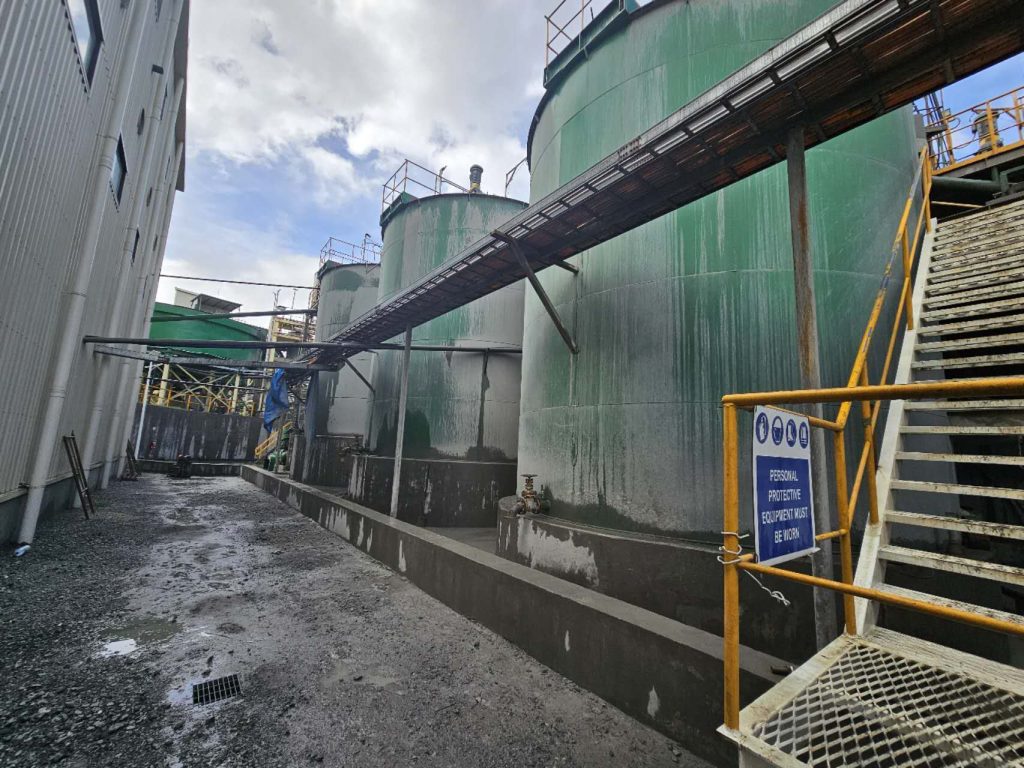When it comes to manufacturing high-performance equipment, the quality of materials used is paramount. RAETTS, a leading turbo blower manufacturer, is committed to using only the finest materials in the production of our high speed centrifugal blowers. This focus on quality ensures that our blowers deliver exceptional efficiency, durability, and reliability across a wide range of industrial applications. This article explores the high-quality materials that are integral to the superior performance of RAETTS’ high speed centrifugal blowers.
Why Are High-Quality Materials Essential for High Speed Centrifugal Blowers?
The performance and longevity of high speed centrifugal blowers are directly influenced by the materials used in their construction. High-quality materials are essential for several reasons:
- Durability: High speed centrifugal blowers operate under extreme conditions, including high temperatures and pressures. The use of robust materials ensures that the blowers can withstand these harsh environments without compromising performance or lifespan.
- Efficiency: Materials with excellent thermal and mechanical properties contribute to the efficiency of the blower, minimizing energy losses and maximizing output. RAETTS selects materials that enhance the overall efficiency of the blower, ensuring optimal performance.
- Corrosion Resistance: Many industrial environments expose equipment to corrosive elements. By using corrosion-resistant materials, RAETTS ensures that our blowers maintain their structural integrity and continue to operate reliably over time.

What Materials Are Commonly Used in RAETTS High Speed Centrifugal Blowers?
RAETTS employs a range of high-quality materials in the construction of our high speed centrifugal blowers:
- Stainless Steel: Known for its strength and corrosion resistance, stainless steel is a primary material used in the construction of blower components, such as the impeller and housing. This material ensures durability and long service life, even in challenging environments.
- Aluminum Alloys: Aluminum alloys are used in certain components to reduce weight without compromising strength. This lightweight material contributes to the blower’s energy efficiency and ease of installation.
- Titanium: For applications requiring exceptional corrosion resistance and strength, RAETTS incorporates titanium in specific parts of the blower. Titanium’s properties make it ideal for use in highly corrosive environments.
How Does RAETTS Ensure Material Quality in Manufacturing?
RAETTS is dedicated to maintaining the highest standards of material quality in the manufacturing process:
- Strict Quality Control: RAETTS implements rigorous quality control measures throughout the material selection and manufacturing process. This ensures that only materials meeting our stringent standards are used in the production of high speed centrifugal blowers.
- Advanced Testing: Each batch of materials undergoes thorough testing for properties such as tensile strength, corrosion resistance, and thermal stability. This testing guarantees that the materials will perform reliably in real-world applications.
Why Choose RAETTS for High Speed Centrifugal Blowers?
RAETTS’ commitment to using high-quality materials results in superior products that stand out in the industry. Our high speed centrifugal blowers are designed to deliver consistent, reliable performance, even in the most demanding conditions. By choosing RAETTS, you are investing in a product that is built to last, offering long-term value and peace of mind.
Conclusion: High-Quality Materials in High Speed Centrifugal Blowers
The materials used in the construction of high speed centrifugal blowers are critical to their performance, durability, and efficiency. RAETTS’ commitment to using only the highest quality materials ensures that our blowers meet the rigorous demands of industrial applications. With a focus on durability, efficiency, and reliability, RAETTS high speed centrifugal blowers are the ideal choice for businesses seeking top-tier performance in their operations.



